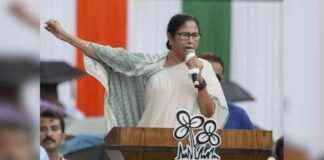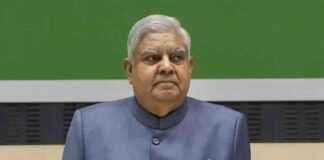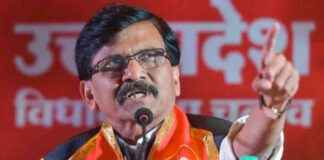The Bombay High Court recently dismissed a petition that challenged the election of Anil Desai, a leader of Shiv Sena (UBT), as a Lok Sabha member in the 2024 parliamentary polls. The court found that the petition lacked substantial evidence to support the claims of defects in Desai’s nomination papers.
The petition was filed by Mahendra Bhingardive, who also contested in the Lok Sabha polls. Bhingardive alleged that there were multiple defects in Desai’s nomination papers, such as incomplete or incorrect information in the affidavit, missing signatures, and blank columns. He also claimed that Desai’s daughter’s ownership share in a residential property was not properly disclosed and that there were discrepancies in the uploaded affidavit on the Election Commission’s website. Similar defects were alleged in the nomination papers of 13 other candidates.
However, Desai’s representative, senior advocate Devdatt Kamat, argued that the alleged defects were not substantial enough to invalidate the election. He pointed out that the responsibility for uploading nomination documents lies with the Returning Officer, not the candidates. The court agreed with this argument and ruled that the defects mentioned in the petition were not of a substantial nature to affect the election outcome.
Justice Sharmila U. Deshmukh emphasized that for an election to be declared void due to improper acceptance of a nomination, it must be proven that the defects materially affected the election outcome. The court found that the petition did not provide specific pleadings to demonstrate how the alleged defects influenced the election results, where Desai received 3,95,138 votes.
Furthermore, the court rejected the application to amend the election petition to include new claims, as the statutory deadline for filing election challenges had passed. The court also dismissed all pending interim applications related to the case.
In conclusion, the Bombay High Court’s decision to dismiss the petition challenging Anil Desai’s election as an MP underscores the importance of providing substantial evidence and meeting statutory requirements in election challenges. This ruling sets a precedent for future election disputes and emphasizes the need for specificity and materiality in pleading allegations of defects in nomination papers.




















